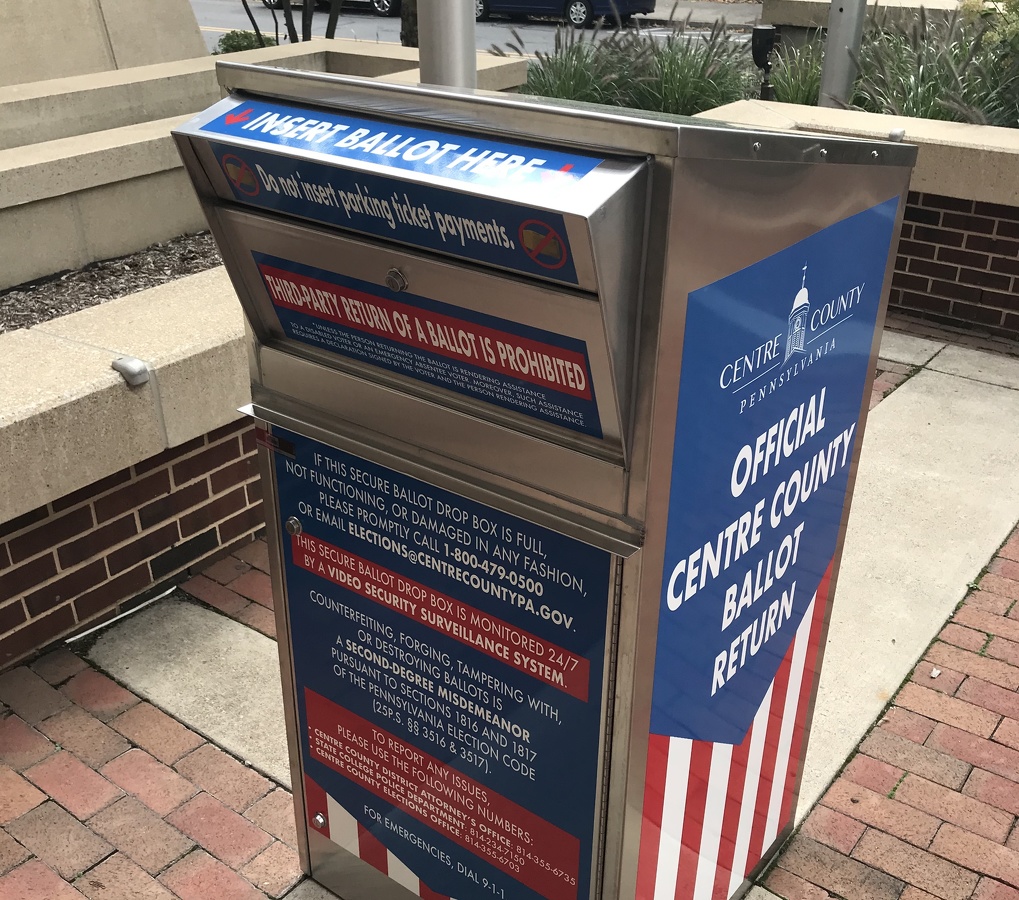No, Every Vote Does Not Count
The latest talking point in the election coverage, which I’ve seen or heard in several places today, is that the Supreme Court has validated the mail-in, depot-drop, and ballot-counting procedures that have been ginned up by state courts and election-board bureaucrats. This is wrong. The Supreme Court has not validated anything. It has abdicated.
This distinction needs to be made clearly. The narrative that the Supreme Court has already authorized voting that does not comply with state election laws is just part one in a two-step scheme to enable post-election cheating: First, infiltrate as many illegal ballots as possible into the state systems; second, keep chanting that “every vote counts” and demagogue anyone who says otherwise — i.e., anyone who insists that state statutory law be followed — as “suppressing” votes, no doubt motivated by racism.
The Orwellian narrative is already being written: To call for the Constitution to be enforced is to “steal” the election.
In Pennsylvania, as I detail in a column at The Hill today, Attorney General Josh Shapiro, a Democrat, brays about having beaten the Trump campaign in court. That is only true when it comes to the state courts. And unsurprisingly so: Pennsylvania’s judges are elected, with Democrats controlling the state’s highest court. That tribunal lawlessly rewrote the legislature’s election rules in a way that would help Democrats rig the vote count, if that’s what they need to do to win.
By contrast, the only thing Shapiro has won in the U.S. Supreme Court is time. That helps Democrats politically but shouldn’t matter legally.
I have chronicled (here and here) how, in the last two weeks, the justices have not once but twice declined to hear the case. First, on October 19, Chief Justice John Roberts voted with the three liberal justices to force a 4–4 deadlock with the conservative justices who wanted to consider an injunction against the state supreme court’s rewrite of state law; in effect, this left the state court’s rewrite in effect. Second, just five days ago, the justices unanimously agreed that it was too late to expedite a ruling on the merits of the case prior to the election.
In the latter ruling, the three conservative justices most perturbed by the Court’s abdication — Justice Samuel Alito, writing for Justices Clarence Thomas and Neil Gorsuch — secured the state’s agreement to segregate the ballots submitted during the three-day extension of the submission deadline ordered by the state supreme court’s fiat. This was done to preserve the status quo ante. Justice Alito pointed out that the state court’s ruling was likely to be held unconstitutional, and that the Supreme Court maintained its discretion to grant expedited review after the election. The Court could then determine whether the ballots should be counted if they were not received by the county boards of elections until after the statutory deadline of 8:00 p.m. on Election Day (i.e. when the polls close).
To be clear, the Pennsylvania court’s post–November 3 ballot-counting ukase has not been validated. If the election is close, and those ballots could affect the outcome, there will be bitterly contested litigation — bank on it.
Read the rest from Andrew C. McCarthy HERE







Comments are closed.